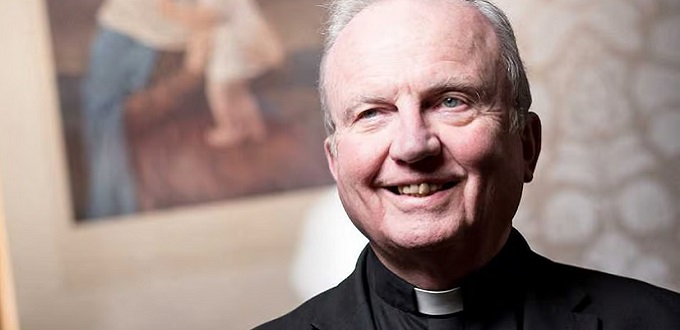(Catholic Herald/InfoCatlica) The genesis of the consultation, which will remain open until November 24, arose from action by the Northern Ireland Secretary of State to incorporate recommendations from the UN Committee on the Elimination of Discrimination against Women (CEDAW) into law.
Although UN committees’ recommendations for various conventions do not give rise to a legal responsibility to submit proposals, the pace will be very rapid The British government responded by adopting an essentially sectarian interpretation The recommendations in Northern Ireland’s legislation are surprising.
Typically, these recommendations are adopted on a limited basis and debated in civil discourse rather than fully adopted into law.
CEDAW Recommendations required the British government to provide compulsory educationage appropriate, comprehensive and scientifically accurate regarding sexual and reproductive health and rights as a curricular component for adolescents, which includes preventing early pregnancy and access to abortion, as well as monitoring its implementation.
In the absence of a functioning devolved government in Northern Ireland, the British Government has used the vacuum to implement the Education (Northern Ireland) Order 2006 by requiring that the curriculum of every charter school must include, in relation to key grades 3 and 4, appropriate education age-specific, comprehensive and scientifically accurate coverage of sexual and reproductive health and rights, including prevention of early pregnancy and access to abortion.
In response, the Catholic Trustees questioned the practice of incorporating UN Committee recommendations directly into law as unusual, but they also understood the complexities of dealing with unclear and controversial terminology:
Incorporating UN reports directly into UK law is legally unusual and makes drafting these guidelines more complicated. Interpreting what is ‘scientifically accurate’ in sexual and reproductive health raises important questions about when life begins.
The expectation that schools be involved in delivering a curriculum that highlights access to abortion shows a lack of understanding of the basic principles of Catholic education. This kind of situation creates a conflict of rights: the right to education, religion and the requirements of CEDAW, and this will be an issue for the courts to decide.
The ongoing consultation process does not focus on implementing the law itself, as this was introduced in June 2023 almost unilaterally, but rather examines the process for parents to withdraw their children from such classes. The trustees used the consultation process to question the lack of consultation regarding the original legislation enacted and highlight the challenges the legislation posed to trustees in providing denominational education.
What right do Catholic schools have to promote a common view of life to parents who have chosen to exercise their right to determine their children’s education by sending them to Catholic schools?
It is clear that the way forward, if this approach is not changed, will be one of continued legal challenges, as Catholic schools cannot knowingly participate in outreach on abortion rights or provide information about access to such services.
Speaking about the prelates’ presentation, Bishop McKeown stated:
The background to this consultation is legislation proposed by the Minister of Foreign Affairs. This law has raised great concern because it has the potential to impose certain ideological views regarding abortion and early pregnancy prevention, directly challenging the right of Catholic schools to offer faith-based perspectives on such matters. There is no ethically neutral or value-free approach to the question of when human life begins. The expectation that schools will engage in delivering a supposedly neutral curriculum and highlighting access to abortion shows a lack of understanding of the basic principles of Catholic education.
A similar consultation process in the Republic of Ireland ended on 3 November, when the national curriculum authority invited proposals for changes to the Social, Personal and Health Education (SPHE) curriculum for upper cycle students, following a similar process for the junior curriculum.
Similar to the proposed changes in Scotland and Northern Ireland, the guidance has a primary focus on controversial areas and places responsibility on Catholic schools to adopt a secular perspective in the area of moral and ethical training, incorporating issues such as gender identity into the equation. in their teaching. with limited space to provide Catholic understanding of relationships and sexuality.

“Internet trailblazer. Troublemaker. Passionate alcohol lover. Beer advocate. Zombie ninja.”







